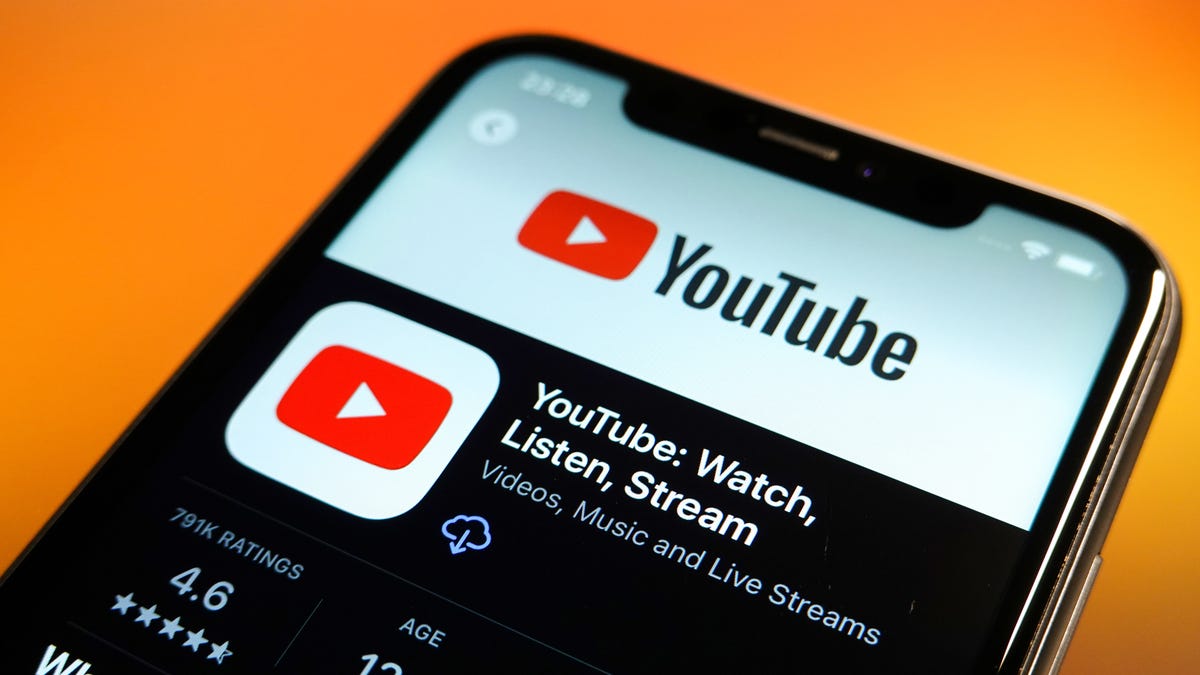YouTube has been the go-to platform for video content for years, but it’s not the only option available. Whether you’re a content creator, a business looking for new platforms, or a viewer seeking different features, exploring alternatives can provide fresh opportunities and experiences. Here are the top five YouTube alternatives to consider in 2025.
Vimeo
Vimeo has long been a favorite among filmmakers, artists, and creative professionals. It offers a high-quality platform with a strong focus on artistic expression and professional video hosting. Unlike YouTube, Vimeo prioritizes ad-free experiences and customizable video players, making it ideal for businesses and creatives looking to maintain their brand identity.
Creators can also monetize their content through tools like Vimeo On Demand, offering a subscription-based model or pay-per-view options. With its strong emphasis on quality over quantity, Vimeo is perfect for niche creators aiming to stand out.
Dailymotion
Dailymotion remains a robust competitor to YouTube, offering a similar user experience with millions of videos across various categories. Its sleek interface and user-friendly navigation make it a solid choice for casual viewers and creators alike.
Dailymotion provides excellent monetization opportunities, allowing creators to earn from ads on their videos. It also has fewer restrictions on content compared to YouTube, which is appealing to those who feel limited by YouTube’s strict policies.
Twitch
Initially a platform for gamers, Twitch has evolved into a broader live-streaming hub covering music, talk shows, fitness, and more. Its live interaction capabilities set it apart, creating a real-time connection between creators and their audiences.
Twitch’s monetization options, including subscriptions, Bits (virtual currency), and ads, make it a lucrative choice for live-streamers. If you’re a creator who thrives on engaging with your audience in real-time, Twitch offers an unmatched platform for building a dedicated community.
TikTok
Though primarily known for short-form videos, TikTok has grown into a massive platform with an unparalleled reach, especially among younger audiences. TikTok’s algorithm is designed to promote creativity and virality, giving even new creators a chance to gain massive exposure.
With the introduction of longer video formats and monetization options like the Creator Fund, TikTok has become a serious contender for content creators seeking alternatives to YouTube. Its focus on trends, challenges, and engaging content ensures it stays relevant and exciting for viewers.
Rumble
Rumble is quickly gaining traction as a YouTube alternative for creators seeking a platform with less censorship and more straightforward monetization. It offers a simple interface and multiple ways to earn, including ad revenue, licensing deals, and syndication opportunities.
What sets Rumble apart is its commitment to creator freedom. It’s an excellent choice for those who feel stifled by YouTube’s strict policies. Rumble also syndicates content to other platforms, increasing creators’ reach and revenue potential.
Conclusion
While YouTube remains a dominant force, these alternatives offer unique features that cater to different needs. Vimeo is ideal for professionals focused on quality, Dailymotion appeals to casual creators, Twitch excels in live interaction, TikTok thrives on creativity, and Rumble provides freedom and diverse monetization.
Each platform has its strengths, and the right choice depends on your goals as a creator or preferences as a viewer. By exploring these options, you can discover fresh opportunities to grow, connect, and share your content in 2025.

